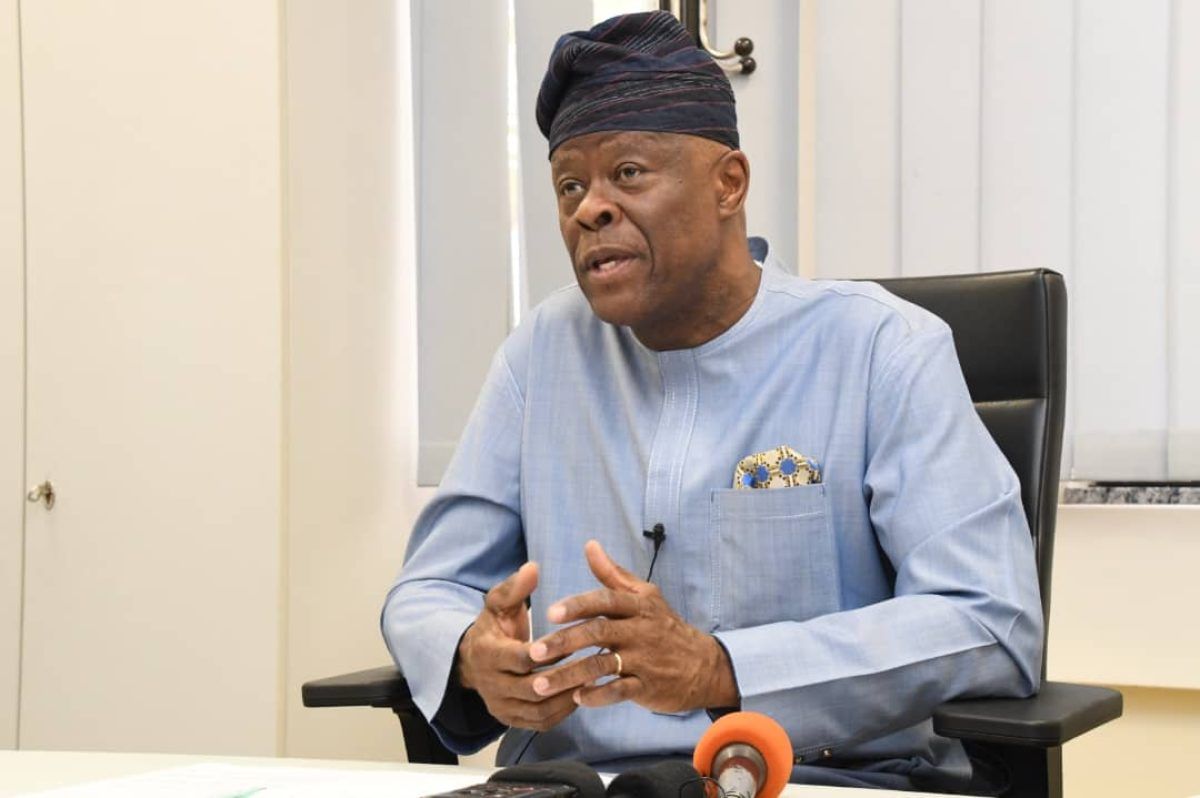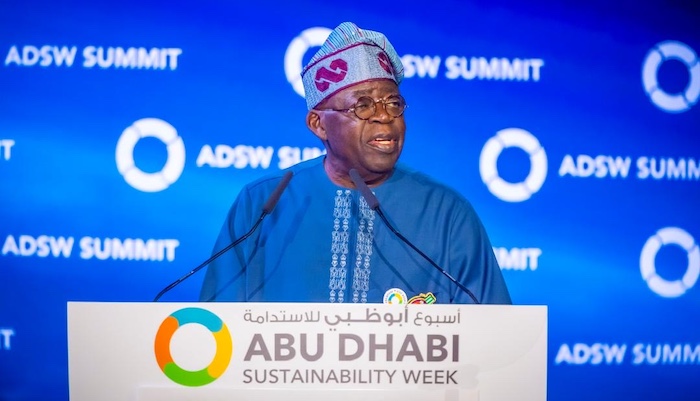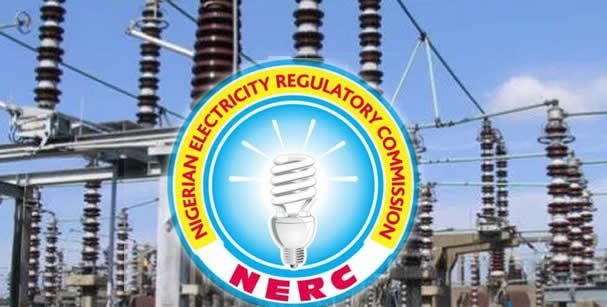
The Federal Government has announced plans to expand its direct cash transfer programme to reach more poor and vulnerable Nigerians, according to the Minister of Finance and Coordinating Minister of the Economy, Wale Edun.
Speaking at the Oxford Global Think Tank Leadership Conference and Book Launch in Abuja on Tuesday, Edun disclosed that the initiative currently supports over 15 million households nationwide.
He explained that while progress had been made in stabilizing inflation and the exchange rate, more efforts were needed to lift Nigerians out of poverty and ensure that citizens feel the impact of ongoing economic reforms.
According to the minister, the cash transfer system is transparent and accountable, with each beneficiary verifiable through digital records.
“There is an attempt to ensure that the pains of reform are immediately alleviated. That’s why there is a transparent, accountable, and robust system of providing direct payments to 15 million households,” Edun said.
Edun noted that the government plans to expand the programme further to reach additional beneficiaries at the grassroots level as part of broader efforts to cushion the effects of economic reforms.
He also revealed that a new ward-based development initiative is being introduced to channel resources directly to Nigeria’s 8,809 wards across the 774 local government areas.
“This will empower economically active people at the ward level small businesses and cottage industries by providing support and financing. It’s a key element in ensuring that the benefits of current reforms and improvements reach right down to the local level,” he explained.
Also speaking at the event, Dr. Arunma Oteh, Founder of Oxford Global Think Tank Leadership, said Nigeria requires patient capital to sustain growth and bridge its infrastructure gap.
Oteh noted that the country must increase infrastructure spending to 12 percent of GDP to close the existing deficit.
“China, over the years, invested 24 percent of its GDP in infrastructure. At best, we do 4 to 5 percent. If we want to bridge the infrastructure gap, we must raise this to at least 12 percent,” she stated.
She further emphasized the need to equip young Nigerians for leadership, adding that sustained investment in human capital and infrastructure would be key to achieving long-term economic transformation.



